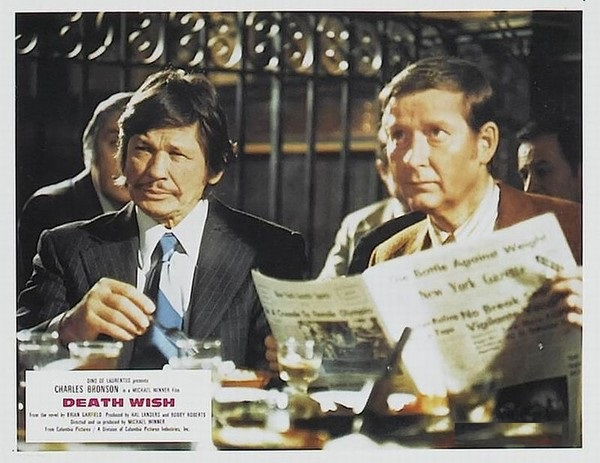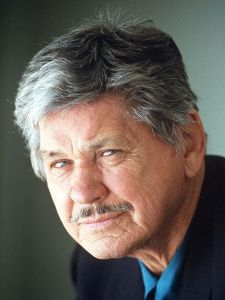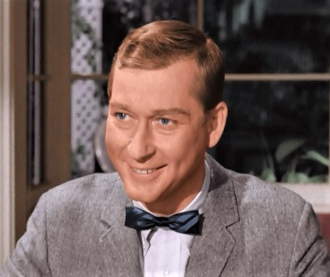William Redfield and Charles Bronson
A photo of William Redfield and Charles Bronson in Death Wish
Date & Place:
Not specified or unknown.


 Amanda S. Stevenson
Amanda S. Stevenson 



